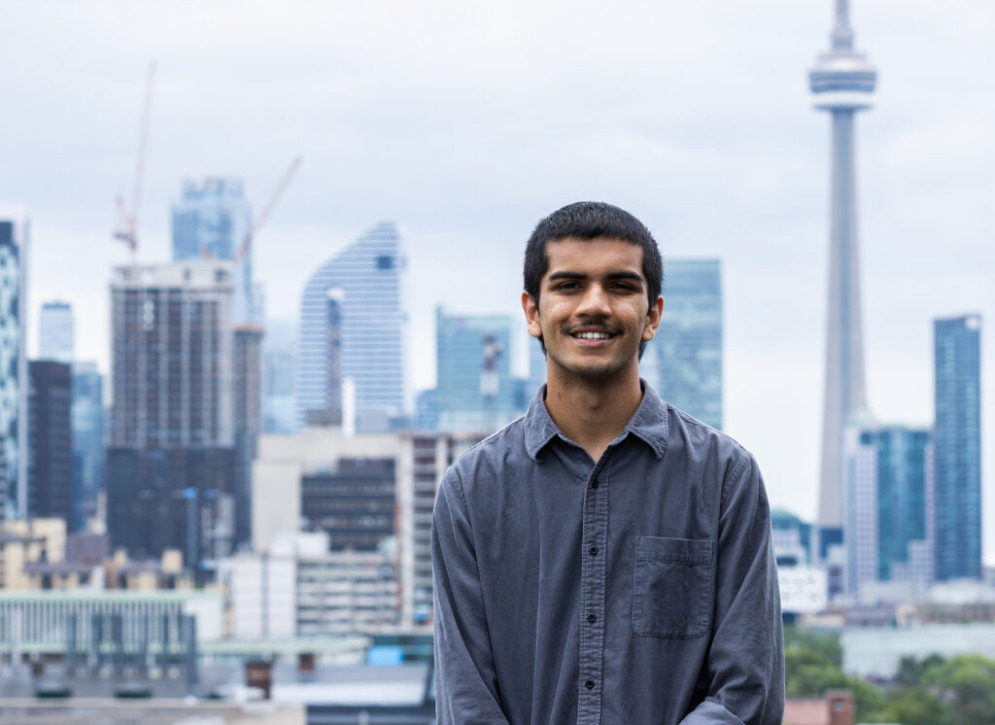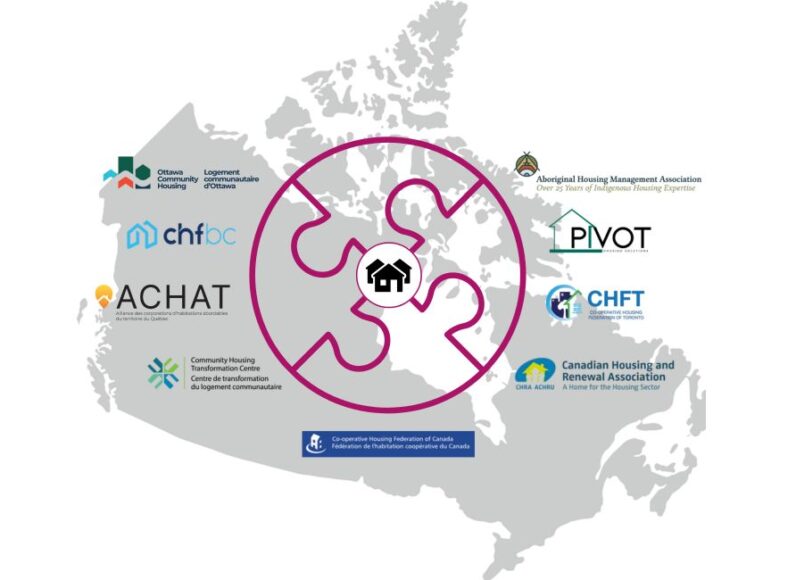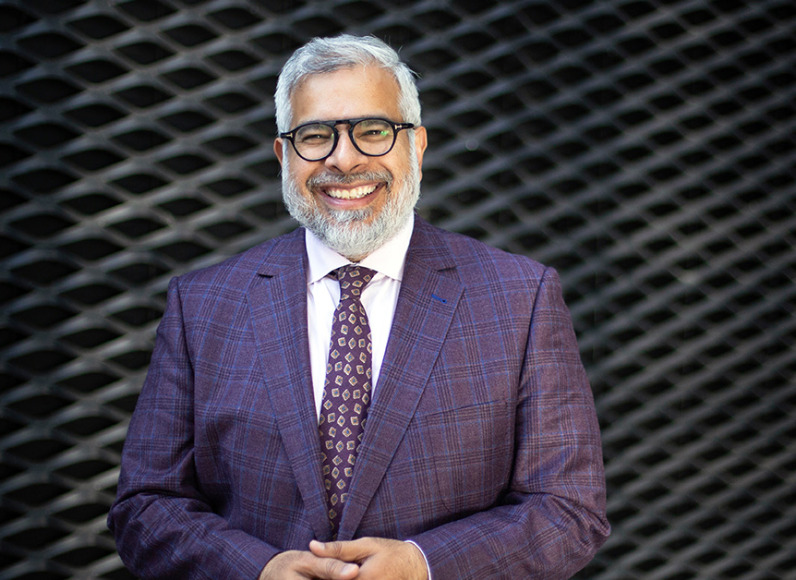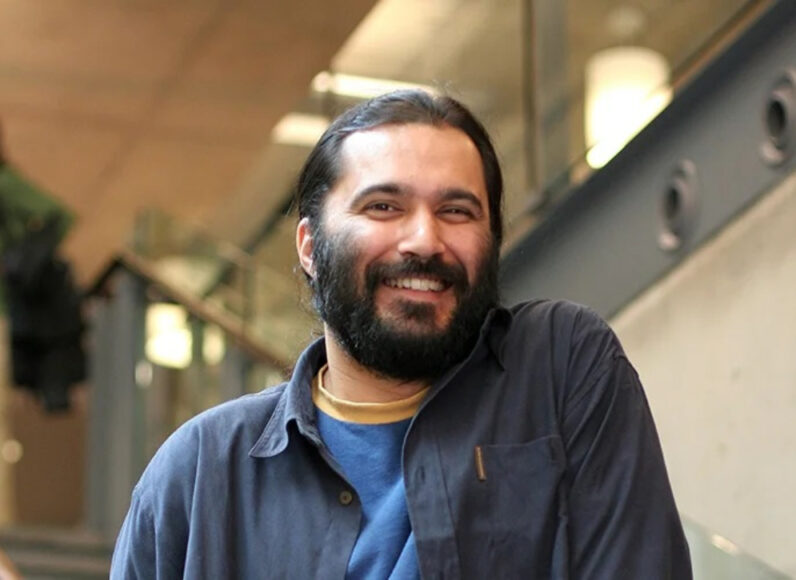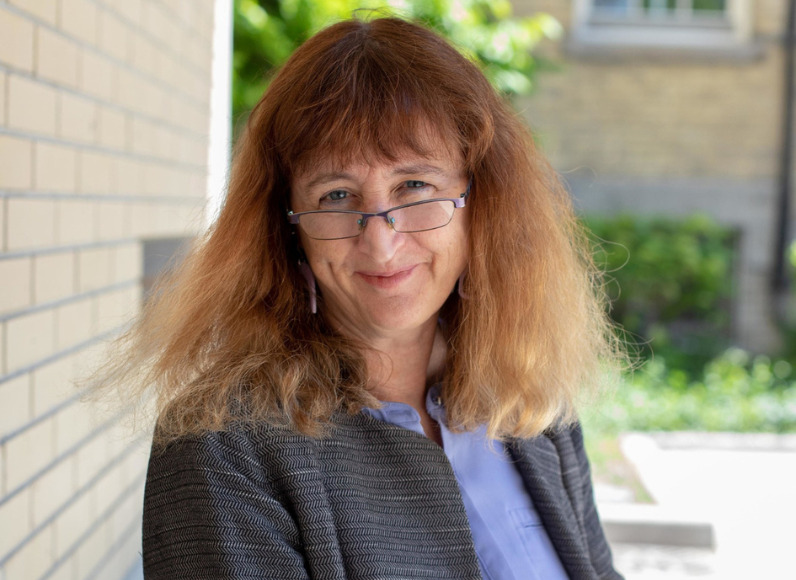Five years ago, the University of Toronto established the School of Cities, a multidisciplinary hub tasked with creating solutions for more efficient and equitable cities in an increasingly urbanized world. The project makes enormous sense. In a world where 4.5 billion people live in cities and more move to cities every day, there is no question that the future is urban.
Donations have driven impact at the School since its launch, empowering faculty, students and community partners alike to solve challenges in climate, justice, belonging and democracy.
“The School’s fifth anniversary is a moment to celebrate all that our experts have discovered and shared to improve urban lives,” says Karen Chapple, Director of the School of Cities. “And to celebrate the exciting innovations to come.”
The Urban Data Science Corps: a community partnership powering our city
Are downtowns in trouble and can we save them? How are we doing at redirecting surplus food to those in need? What is the most cost-effective way for a city to expand and improve cycling infrastructure?
These are the kinds of challenges the School can solve through its research, education and engagement activities. This past summer, students got a chance to tackle all three questions through the Urban Data Science Corps, one of the School’s most successful programs. Students in the Corps learn data science skills and complete a paid four-month internship with a community partner, analyzing its city-related data to generate actionable insights with real impact.
“The School’s fifth anniversary is a moment to celebrate all that our experts have discovered and shared to improve urban lives. And to celebrate the exciting innovations to come.”
Ananmay Sharan (BA 2023 UC) just spent a summer working for the Canadian Urban Institute, a national platform that connects people interested in city issues. “The pandemic caused a lot of change in the downtowns of Canadian cities,” says Sharan. “I was looking at a lot of different kinds of geographic data to analyze trends over the past three years. The results could be used to advocate for better policies to revitalize cities in a post COVID context.”
Meanwhile, a fourth-year Innis College student, Iris Wu, jumped at the chance to work with Second Harvest Food Bank, the largest food rescue non-profit in Canada. “I have a major in statistics and a double minor in math and environmental studies and I thought, ‘oh, this is perfect for my interests’,” she says. “I’ve been revisiting older data from surveys of Second Harvest’s client organizations. It will give them the ability to look back and get a better idea of how well they are serving their partners.”
Last year, U of T Mississauga alum Ethan Sansom (BSc 2022 UTM) interned with the Centre for Active Transportation, a subsidiary of the Clean Air Partnership. “During the pandemic,” he says, “Toronto rolled out a bunch of programs to get people more active, including expanding the cycling network by closing streets to traffic and implementing traffic calming measures. My job was to take all the data from all those projects and make one cohesive report. They could show what was effective and advocate for more or less of each program.”
Much more than an internship
Urban Data Science Corps is an internship, but it’s also much more. The School of Cities ensures that the students learn impressive data science skills.
“I learned a lot of technical skills,” says Wu, “like using Excel and Python for data cleaning and data management, and some mapping with GIS to visualize data a little better.” Adds Sansom, “I was analyzing and crunching data, writing, researching, interviewing, and undertaking descriptive statistics, data cleaning, data validation…”
“Applied experience really forces you to hone skills and it was definitely good for learning how to think and solve problems critically.”
The internship includes a three-day boot camp workshop from School of Cities-affiliated faculty. The students say it was invaluable—refreshing earlier course learnings, providing access to mentors, and showing them how to find tons of resources.
“It’s been a super educational experience,” says Sharan. “I’ve been given real responsibility on an impactful project, so I’ve felt valued. There’s no substitute for actually doing things. Applied experience really forces you to hone skills and it was definitely good for learning how to think and solve problems critically.”
The more opportunities like this, the better
Sharan and Sansom are among several Corps interns who’ve been hired at the end of their internship. They hope the School of Cities can give more students the same opportunity they enjoyed. Although the Corps has already doubled from an initial six students to 12, there is significant demand from students for more placements. In 2023, the School received 172 applications.
“I understand there are limits to how many students can currently participate,” says Sharan. “However there’s no shortage of talented students who are eager to learn and apply their data skills. I’m super thankful to donors who help create these opportunities.”
“Thank you to the School of Cities as well” says Wu. “It feels like I’ve been able to contribute meaningfully to the community, so I’m just really grateful.”
Help students like Ananmay, Iris and Ethan build cities that work for everyone. Give to the School of Cities Student Experience Fund and grow the Urban Data Science Corps and other student learning opportunities.



